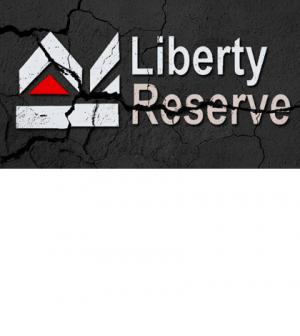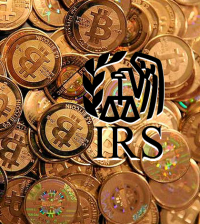Don't Miss
- Iceland Should Abandon The Krona And Use Bitcoin
- IRS Taxing Bitcoins
- Coin Ticker iPhone App
- Top 10 Bitcoin Merchant Sites
- Why Didn’t Bitcoin Users Freak Out In May?
- OKPay Turns Back on Bitcoin
- China’s Currency War
- How Hackers Could Burst The Bitcoin Bubble
- Winklevii & Bitcoin
- OpenCoin Builds Universal Payment Ecosystem
Why Didn’t Bitcoin Users Freak Out In May?
By Analyst on May 31, 2013

“Today’s action does not mean that we are trying to eliminate virtual currencies and their providers,” said Treasury Undersecretary David Cohen during his Tuesday comments on the Liberty Reserve raid. That may be a sign that the feds will allow the broader Bitcoin economy to prosper even as they deal harshly with specific Bitcoin firms that don’t color inside the lines.
- On May 2, one of the best-funded Bitcoin start-ups, Coinlab, sued the world’s largest Bitcoin exchange, Mt. Gox, for breach of contract. The contract gave Coinlab the right to handle Mt. Gox’s exchange operations in North America, but Coinlab said Mt. Gox hadn’t transferred control as promised.
- The Bitcoin exchange Bitfloor closed in mid-April. In early May, customers were still complaining that they hadn’t gotten their money back.
- On May 6, the head of the Commodity Futures Trading Commission told Reuters that “we could regulate [Bitcoin trading] if we wanted.”
- On May 14, the federal government seized funds controlled by Mt. Gox because the Japanese company had allegedly failed to comply with U.S. money-laundering laws.
- On May 28, the federal government announced it had shut down the Costa Rican payment company Liberty Reserve. While LR did not deal in Bitcoins, the move was widely discussed in the Bitcoin community. LR had been a popular mechanism for sending dollars to Mt. Gox in order to trade them for Bitcoins. Moreover, the logic of the government’s indictment suggested that Bitcoin itself might be vulnerable to similar legal action.
http://www.washingtonpost.com/blogs/wonkblog/wp/2013/05/31/why-didnt-bitcoin-users-freak-out-in-may/
*Excerpt from The Washington Post. News article copyright Timothy B. Lee at The Washington Post.






You must be logged in to post a comment Login